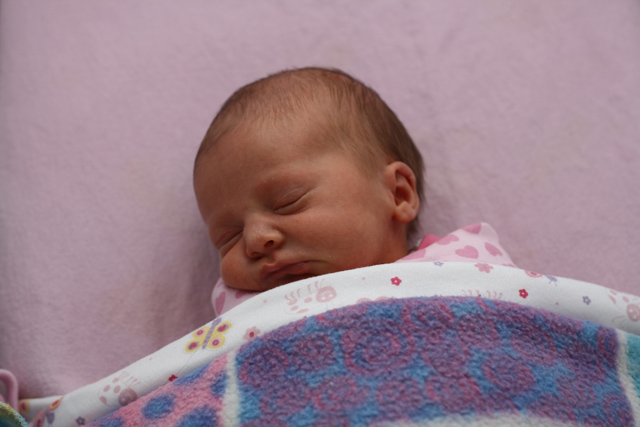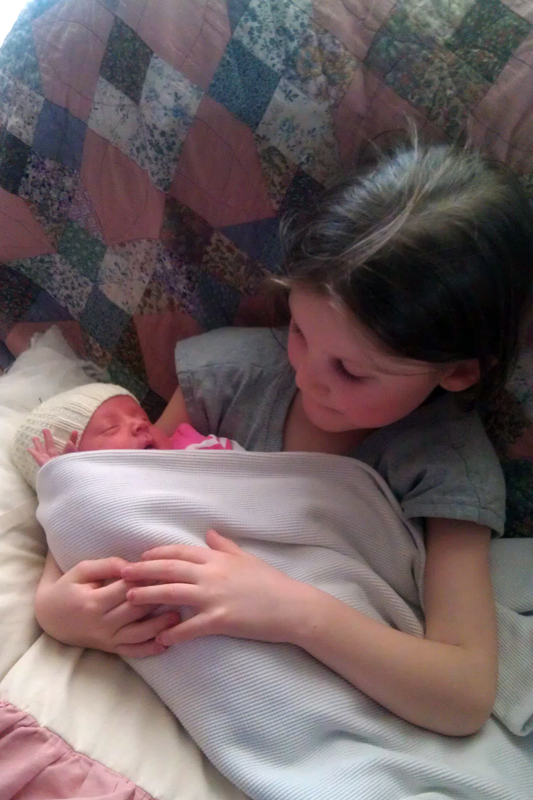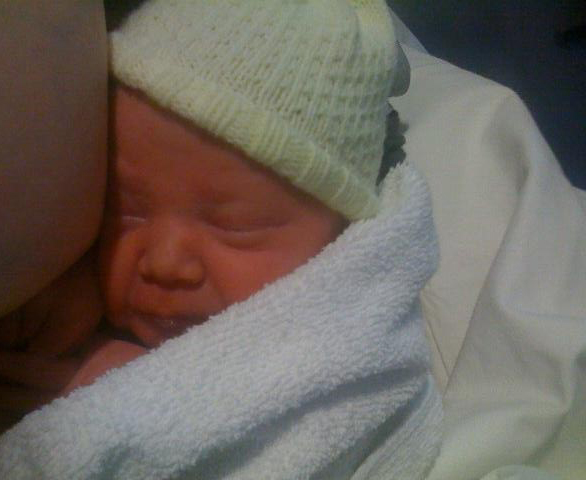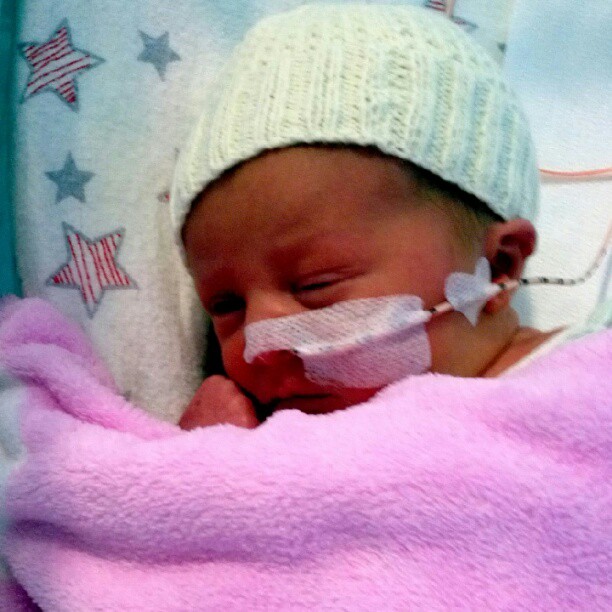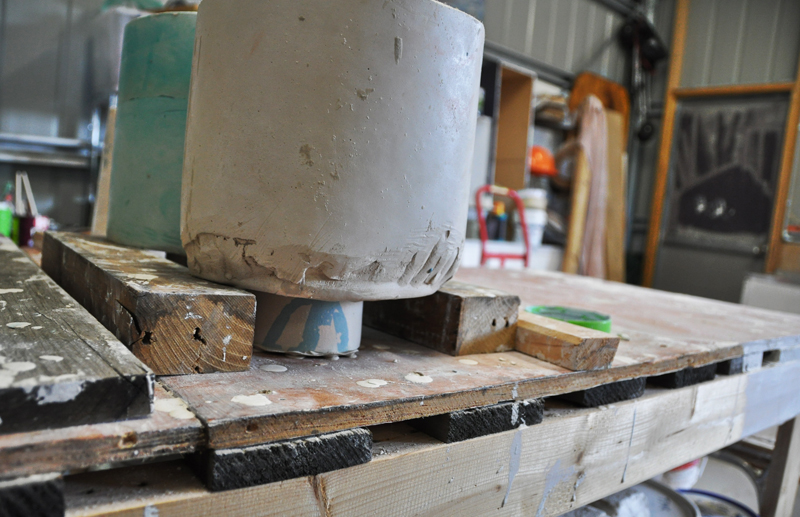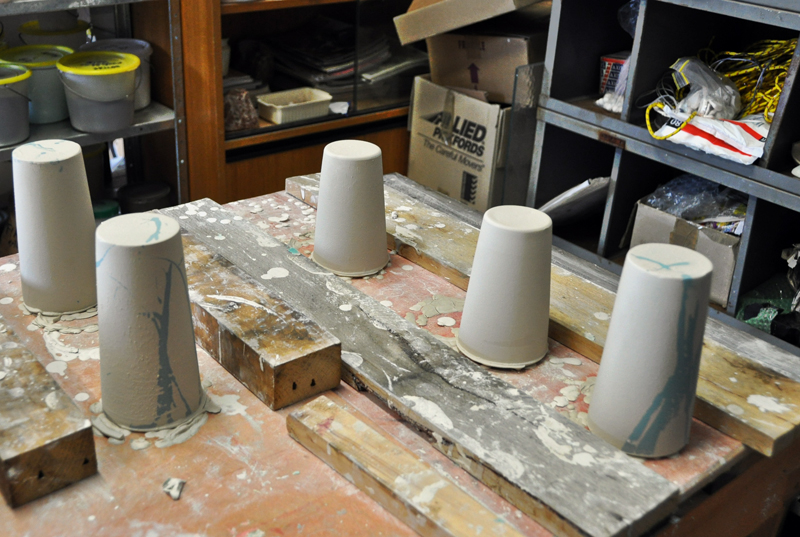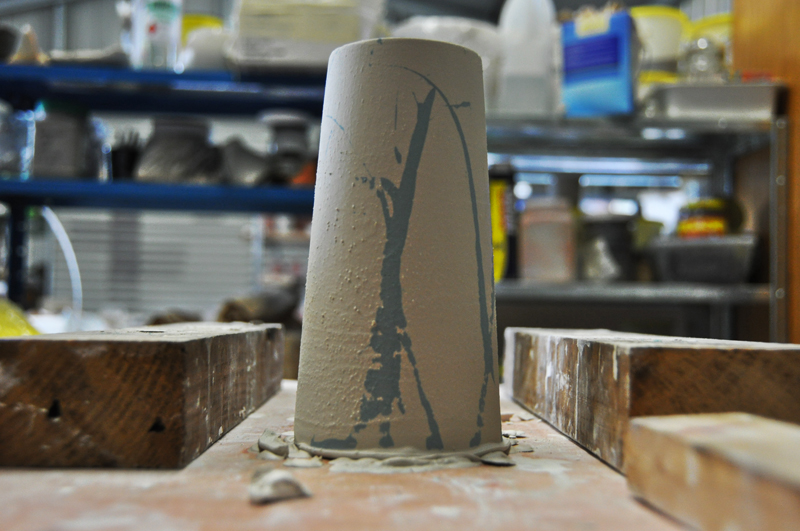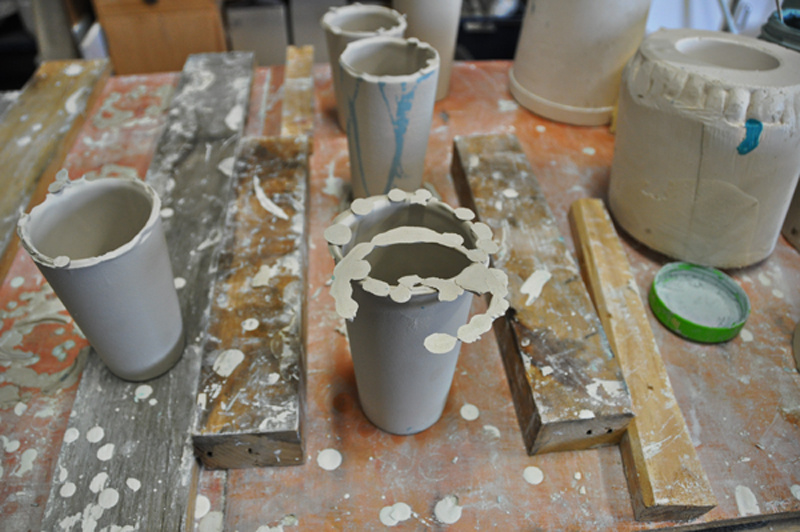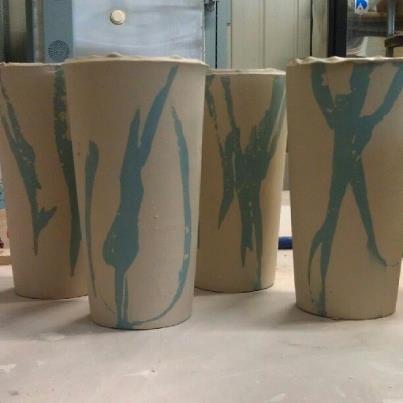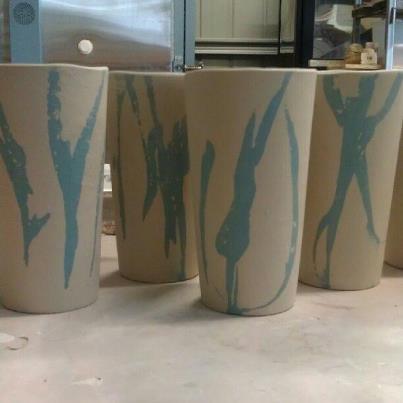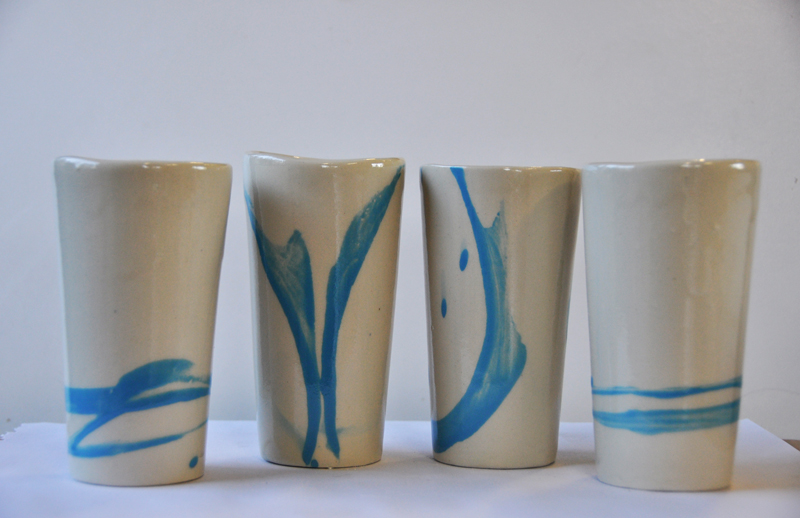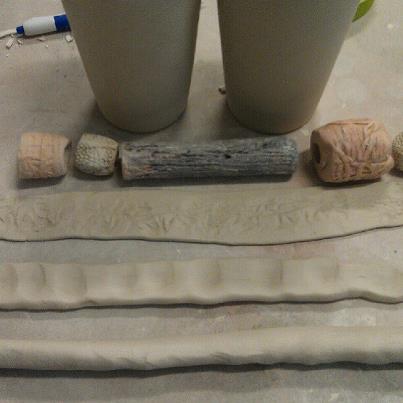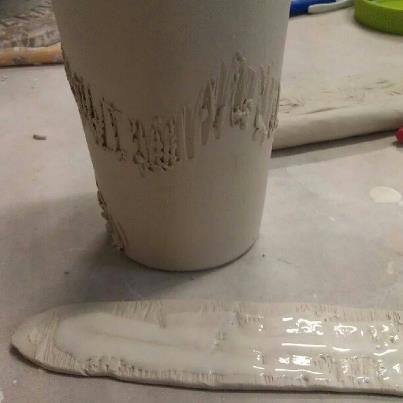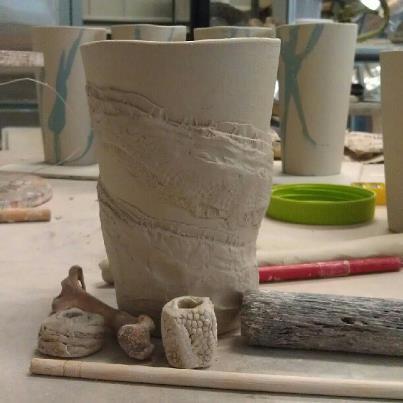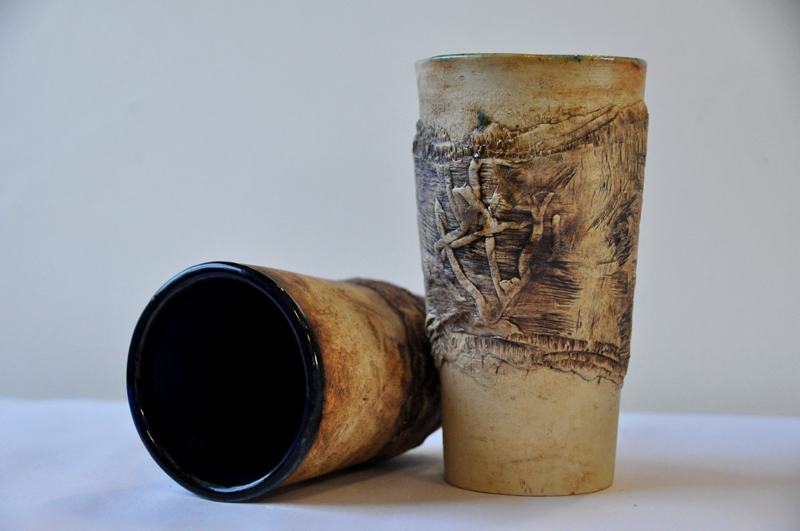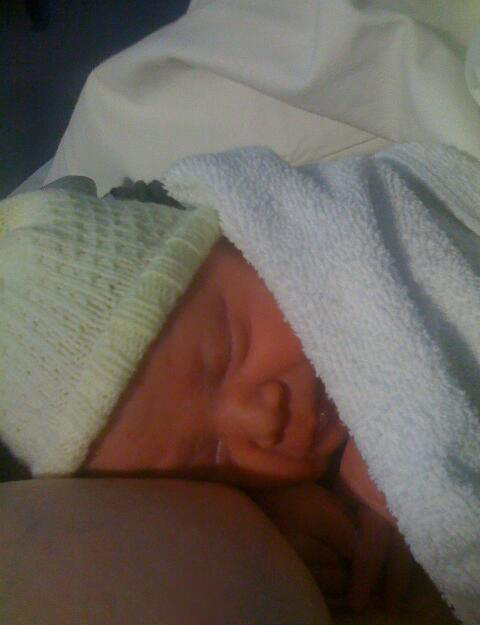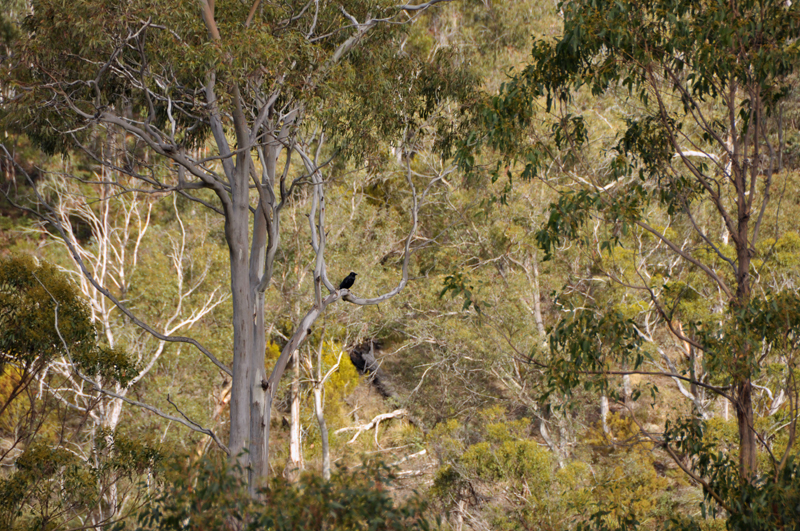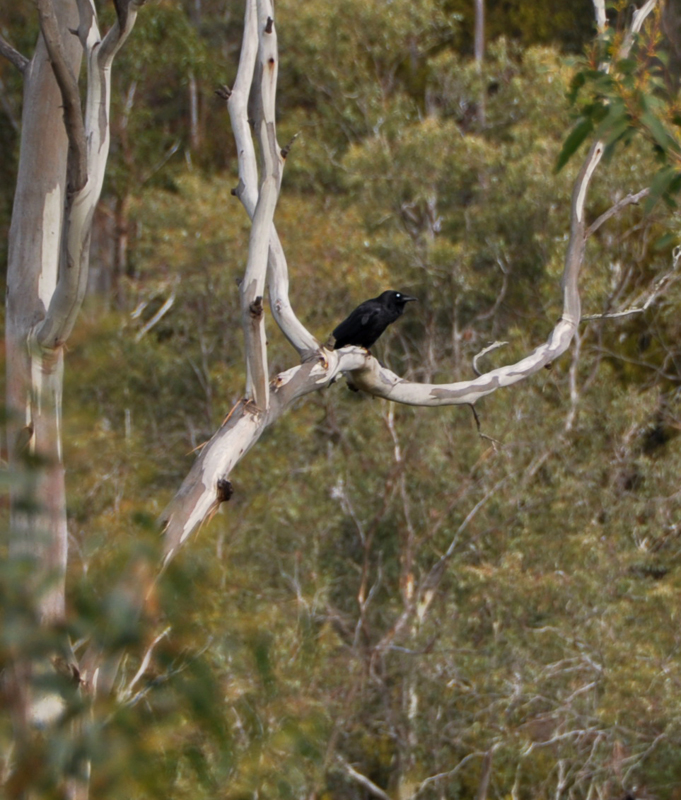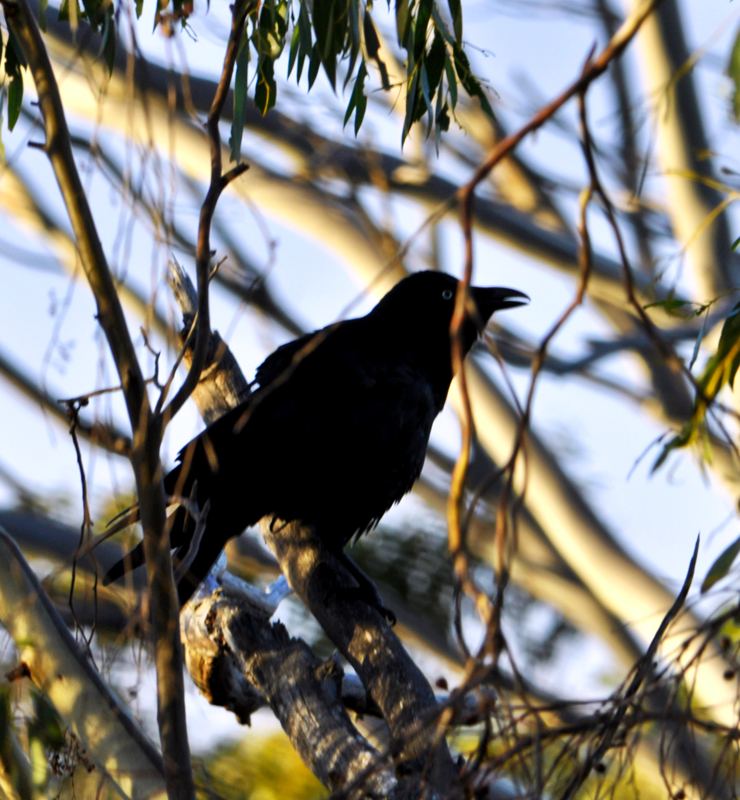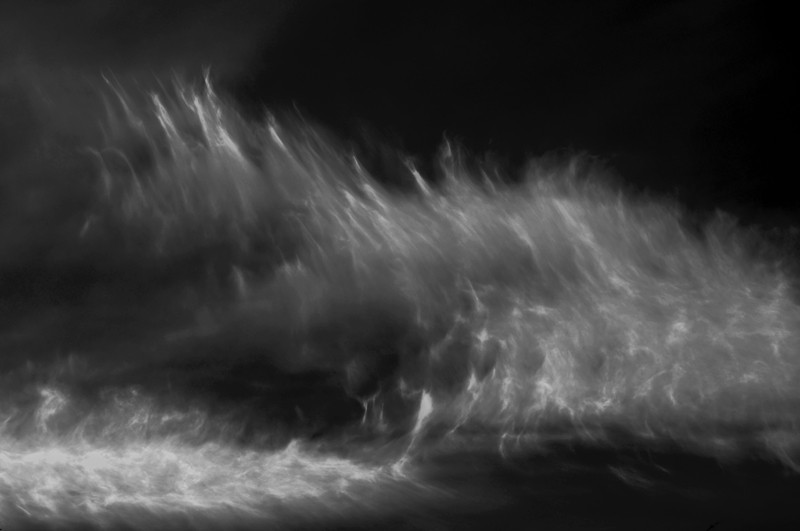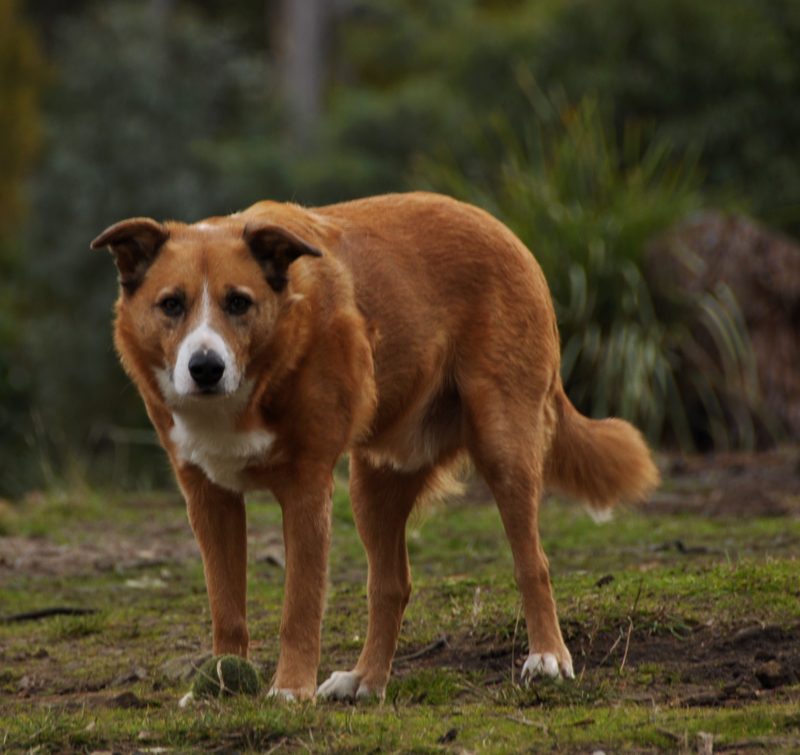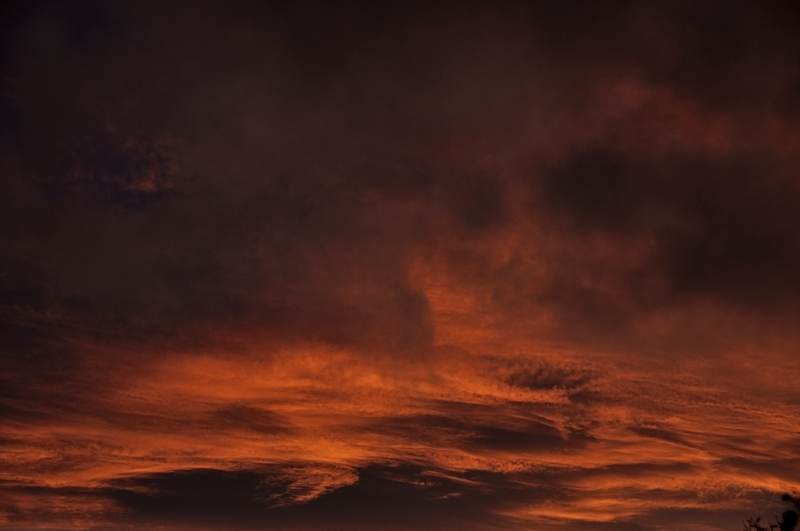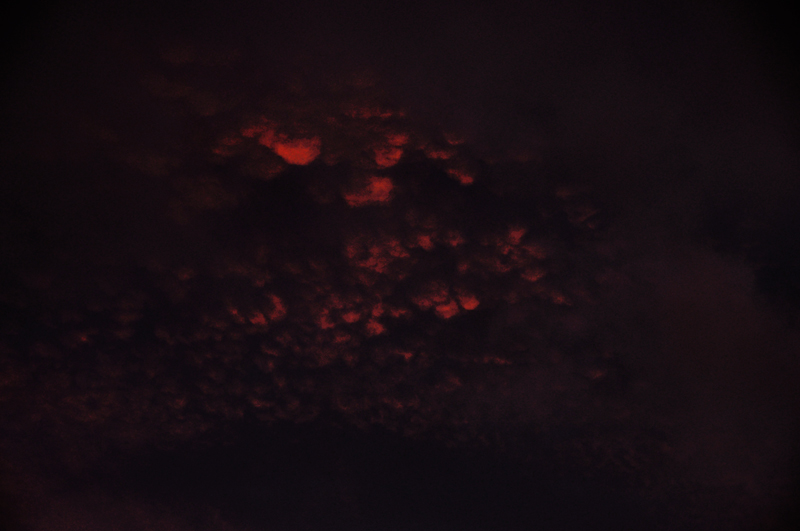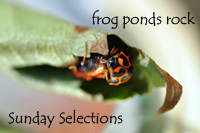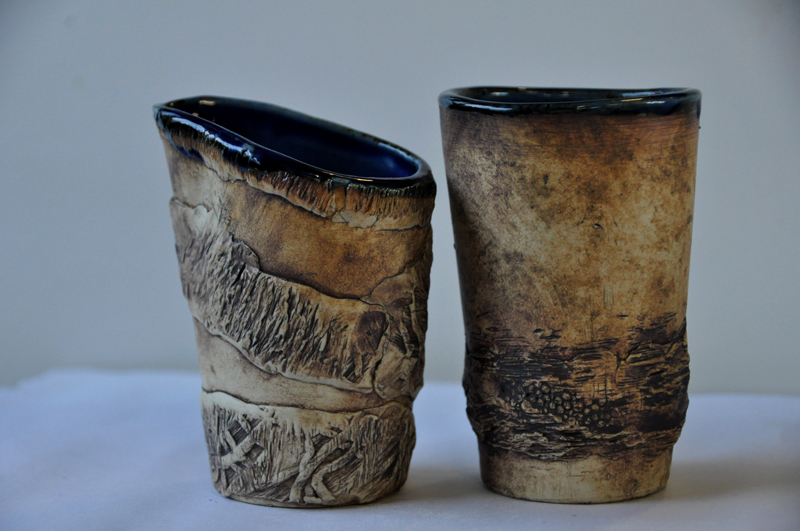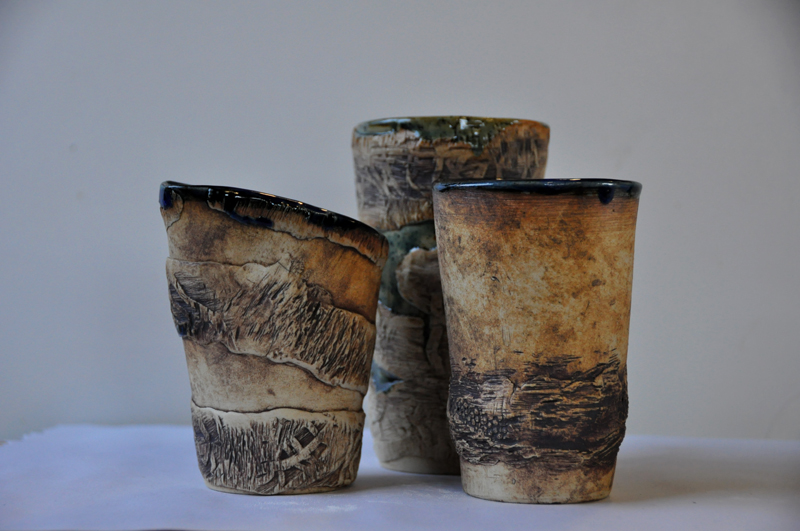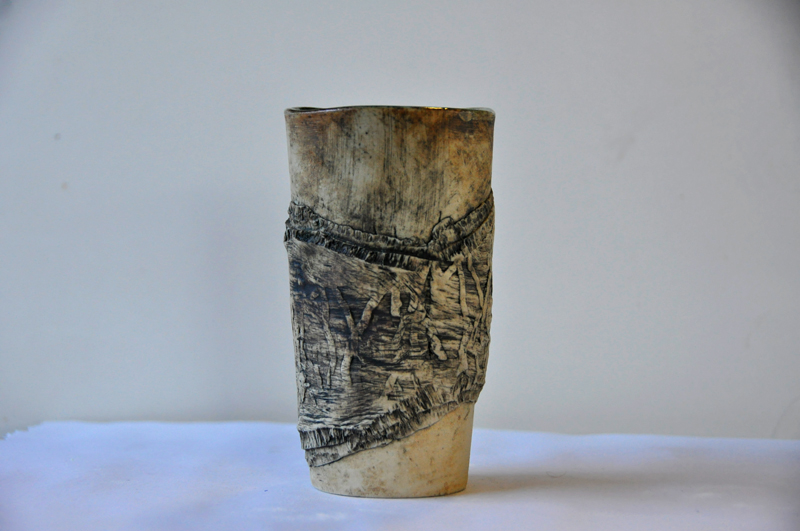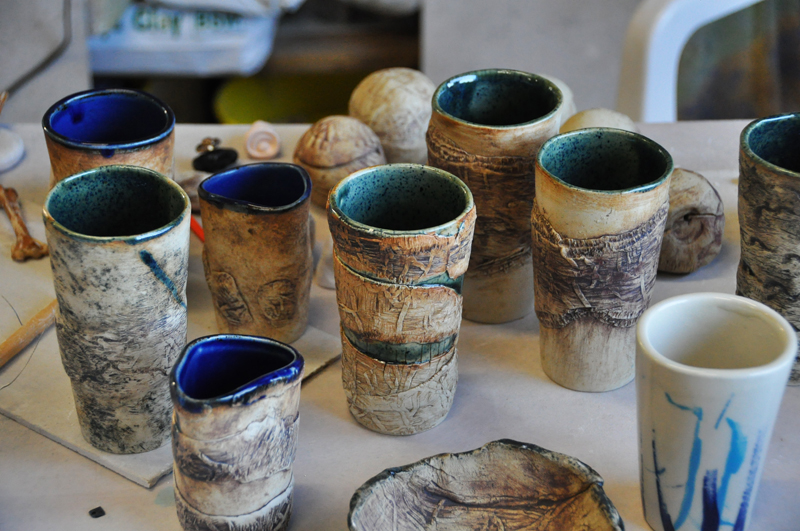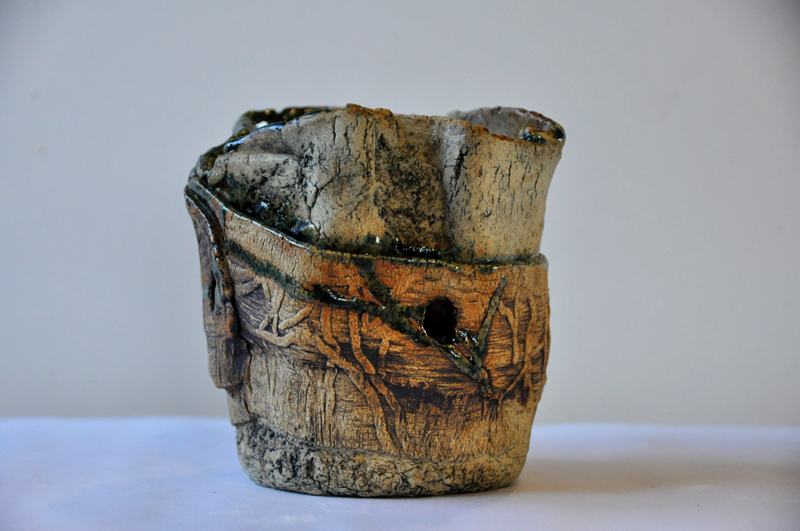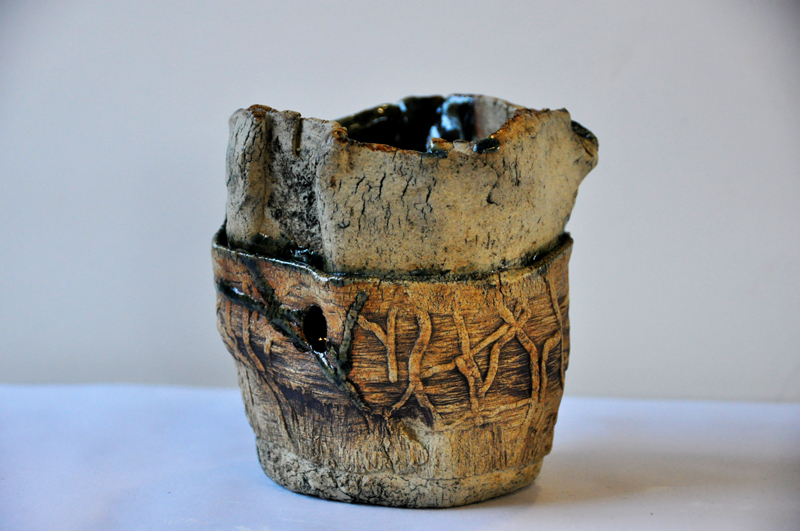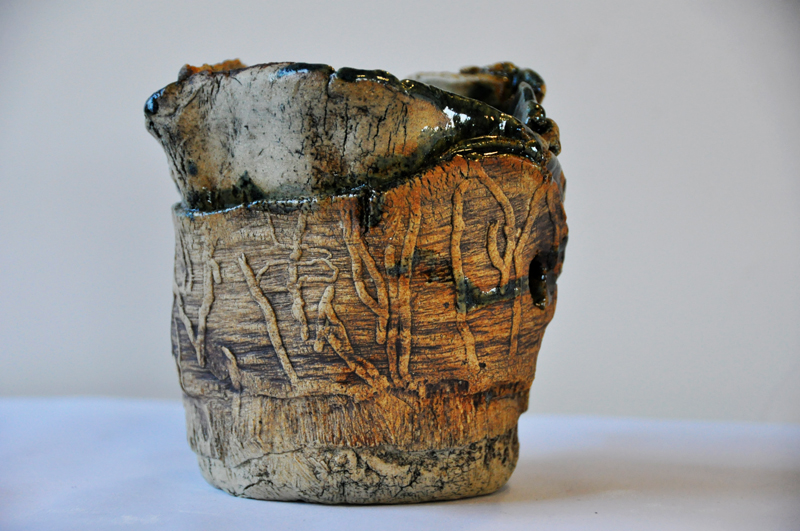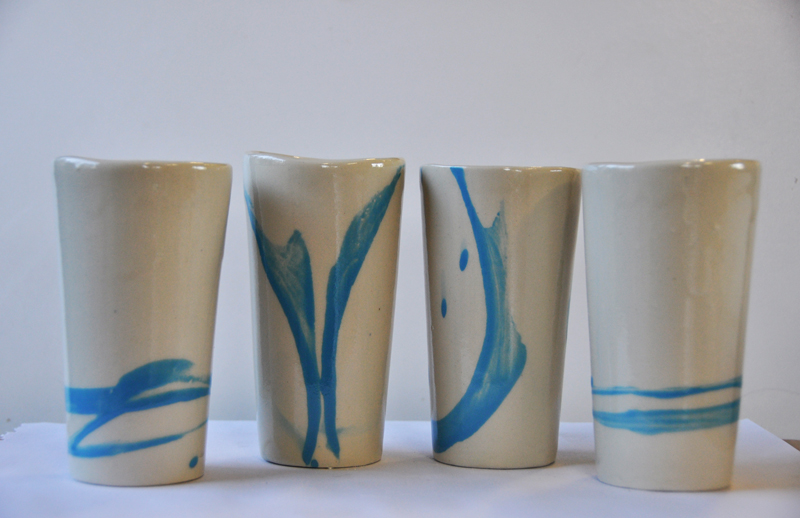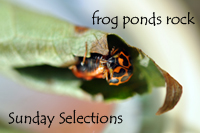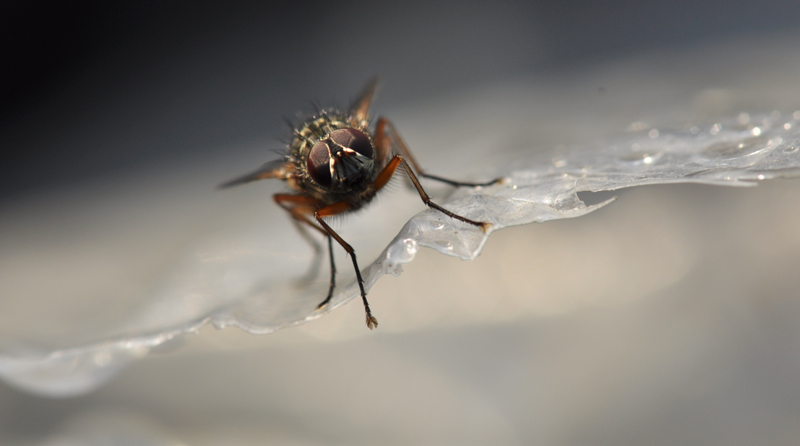I have been thinking about death and dying a lot this week. As the birth of my newest grandchild rapidly approaches, thoughts of my mother fill my day. My mother had a good death, if there is such a thing, she was surrounded by her family, we held her hand and I was the one who told her that it was okay for her to leave us. In the moments before she died Mum reached out for her own mother and Nan held mum’s hand as we all told Mum that everything was going to be okay. We lied to her of course, as it was never going to be okay for mum to die from a cancer she should never have contracted. But you do what you have to do at the time.
My Mother died at ten past two on a Wednesday afternoon. Time became a fluid thing and everything slowed down, my world as I knew it had just changed irrevocably, though it took me weeks to realise just how much had changed.
The author Sara Douglass died from Ovarian cancer in 2011, Sara Douglass had a blog which has since been taken off the interwebs. The loss of Sara’s blog makes me sad that we have lost such a thing of beauty, it also reminded me to make sure that my blog will stay online after I die. When Sara was dying she wrote a post titled “The Silence of the Dying” I discovered this post after my own Mother had died and Sara’s word soothed me. I have included excerpts of Sara’s blog post here, it is in italics.
“Many years ago I did an hour long interview on Adelaide radio (with Jeremy Cordeaux, I think, but my memory may be wrong). The interview was supposed to promote one of my recent publications, but for some reason we quickly strayed onto the subject of death and dying, and there we stayed for the entire hour. I proposed that as a society we have lost all ability to die well. Unlike pre-industrial western society, modern western society is ill at ease with death, we are not taught how to die, and very few people are comfortable around death or the dying. There is a great silence about the subject, and a great silence imposed on the dying. During the programme a Catholic priest called in to agree with the premise (the first and last time a Catholic priest and I have ever agreed on anything) that modern society cannot deal with death. We just have no idea. We are terrified of it. We ignore it and we ignore the dying.”
Sara’s words soothe me because the one thing that Mum, Veronica and I had not done was ignore the fact that Mum was dying. We three talked openly about Mum’s impending death, Mum and I went to a funeral home together and we went through the motions of organising her funeral in advance. Mum decided a few days later that she didn’t like the funeral director there very much and confessed that she had only chosen that venue because it had good parking. Mum was an atrocious parker and would drive around and around the block looking for an easy park. We giggled about her practicality, even in death, and decided to go with a smaller alternate venue because it wasn’t as if mum would have to do a reverse park in a small space herself.
When a loved one is dying, you notice that your friends and relatives very quickly fall into two groups, those that “get it” and those that do not. Those that get it are the friends that have experienced proper grief themselves, not the artificial grief of losing a favourite shoe, but the deep bone numbing soul sucking heartache of black grief.
Some people were fantastic and some hid from us in the supermarket. I still haven’t properly forgiven the hiders.
…. we ignore death. We shunt it away. Children are protected from it (and adults wish they could be protected from it). The dying are often not allowed to express what they are really feeling, but are expected (by many pressures) to be positive, bright and cheerful as ‘this will make them feel better’ (actually, it doesn’t make the dying feel better at all, it just makes them feel worse, but it does make their dying more bearable for those who have to be with them).
My friends mother, Marlene, also strongly counselled me to listen to my mother when Mum wanted to talk about her impending death, as Marlene had put on a cheery face when her own mother was dying and 30 years on her regret was palpable.
When it comes to death and dying, we impose a dreadful silence on the dying lest they discomfort the living too greatly.
Death should be silent. Confined. Stoic.
Sweet, stoic and silent was the way to go. (Again I remind you that a sweet, stoic and silent death is still praised innumerable times in today’s society; by the time we have reached early adulthood we have all heard it many, many times over.) The one exception is the terminally ill child. Terminally ill children are uncritizable saints. The terminally ill adult is simply tedious (particularly if they try to express their fears).
All this silence and stoicism scares the hell out of me.
In that radio interview many years ago I spoke as a historian. Today I speak as one among the dying. Two years ago I was diagnosed with cancer. Six months ago it came back. It is going to kill me at some stage. Now everyone wants a date, an expected life span, an answer to the ‘how long have you got?’ question. I don’t know. I’m sorry to be inconvenient. I am not in danger of imminent demise, but I will not live very long. So now I discuss this entire ‘how we treat the dying’ with uncomfortable personal experience.
When Mum, a NON SMOKER was given her diagnosis of lung cancer, Mum was also only given a 5% chance of living longer than 12 months. Our odds were not good in fact they were pretty much stacked against us from the start with the diagnosis of lung cancer. I still get unreasonably angry when I hear of celebrities who fight and beat cancer. As if somehow Mum didn’t fight or if she had fought a little bit harder she too might have beaten cancer.
There wasn’t an epic battle with Mum and her team of shining doctors on one side and the dark mass of cancer on the other. There was just a slow grinding ordeal as the cancer spread from my mothers lungs, surrounded her heart and seeped into her bones.
One morning after a particularly bad night, Mum looked at me and told me how tired she was of the pain. As she held my hand and looked into my eyes Mum talked about euthanasia, we talked about different ways of painless dying and I promised my mother that I would not let her die in pain. I held Mum’s gaze and I gave her my word.
Recently I’ve had it hammered home on a couple of occasions how much the dying are supposed to keep silent, that ‘dying well’ in today’s society means keeping your mouth firmly closed and, preferably, behind closed doors.
I did not want my Mother to die well, I did not want my Mother to die at all. I wanted a miracle, a wishing chair, a magic potion. I wanted to be able to turn back time by the sheer force of my will and make the cancer disappear. Mum’s cancer had consumed us, it had become Veronica and my foundation. Everything in our lives now revolved around Mum and the cancer that was killing her and breaking our hearts.
Let me discuss chronic illness for a moment. As a society we don’t tolerate it very well. Our collective attention span for someone who is ill lasts about two weeks. After that they’re on their own. From my own experience and talking to others with bad cancer or chronic illness, I’ve noticed a terrible trend. After a while, and only a relatively short while, people grow bored with you not getting any better and just drift off. Phone calls stop. Visits stop. Emails stop. People drop you off their Facebook news feed. Eyes glaze when you say you are still not feeling well. Who needs perpetual bad news?
This is an all too often common experience. I described once it to a psychologist, thinking myself very witty, as having all the lights in the house turned off one by one until you were in one dark room all alone; she said everyone described it like that. People withdraw, emotionally and physically. You suddenly find a great and cold space about you where once there was support
The words of Sara Douglass, written as she was dying serve as a reminder to us all that we are all going to die, and how we die isn’t just dependent upon our own character but also of the characters of those we love.
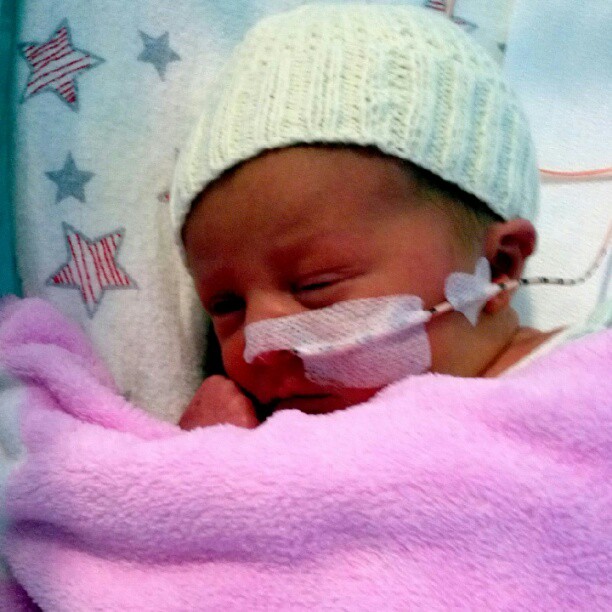 Look at how much Evelyn has changed just in these past few days, such a tiny scrap in the photo above us, needing top up feeds via a nasal gastric tube.
Look at how much Evelyn has changed just in these past few days, such a tiny scrap in the photo above us, needing top up feeds via a nasal gastric tube.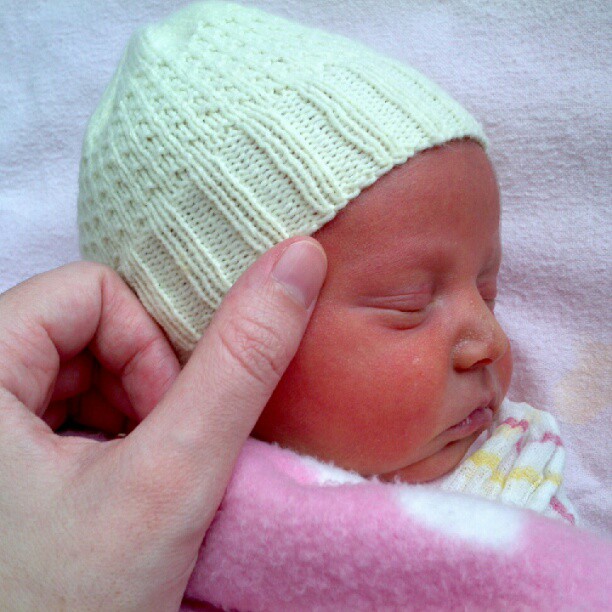 Evelyn on her last day in hospital, soaking up the UV rays from the special blanket, so much more civilised than the UV bins.
Evelyn on her last day in hospital, soaking up the UV rays from the special blanket, so much more civilised than the UV bins.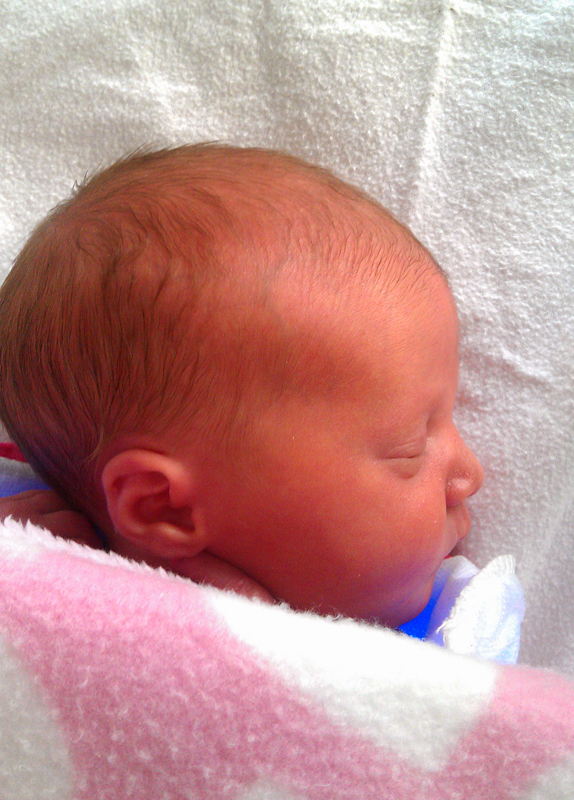 The photo of Evelyn that Veronica uploaded to her blog this morning.
The photo of Evelyn that Veronica uploaded to her blog this morning.
